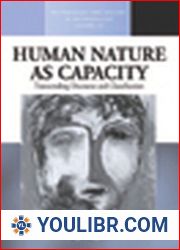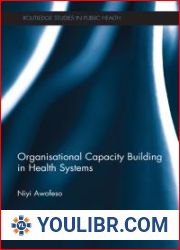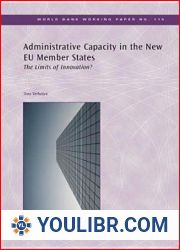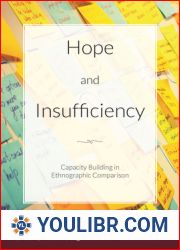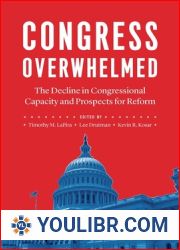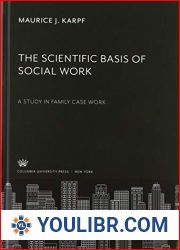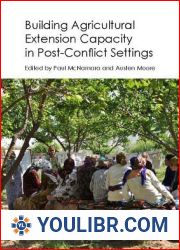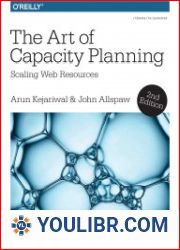
BOOKS - The Work of Repair: Capacity after Colonialism in the Timber Plantations of S...

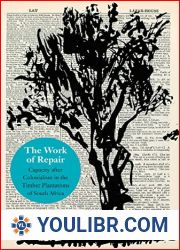
US $8.71

849446

849446
The Work of Repair: Capacity after Colonialism in the Timber Plantations of South Africa (Thinking from Elsewhere)
Author: Thomas Cousins
Year: June 6, 2023
Format: PDF
File size: PDF 17 MB
Language: English
Year: June 6, 2023
Format: PDF
File size: PDF 17 MB
Language: English
In the timber plantations in northeastern South Africa, laborers work long hours among tall, swaying lines of eucalypts, on land once theirs. In 2008, at the height of the HIV AIDS crisis, timber corporations distributed hot cooked meals as a nutrition intervention to bolster falling productivity and profits. But life and sustenance are about much more than calories and machinic bodies. What is at stake is the nurturing of capacity across all domains of life-physical, relational, cosmological-in the form of amandla . An Nguni word meaning power, strength or capacity, amandla organizes ordinary concerns with one's abilities to earn a wage, to strengthen one's body, and to take care of others; it describes the potency of medicines and sexual vitality; and it captures a history of anti-colonial and anti-apartheid struggle for freedom.The ordinary actions coordinated by and directed at amandla do not obscure the wounding effects of plantation labor or the long history of racial oppression, but rather form the basis of what the Algerian artist Kader Attia calls repair . In this captivating ethnography, Cousins examines how amandla, as the primary material of the work of repair, anchors ordinary scenes of living and working in and around the plantations. As a space of exploitation that enables the global paper and packaging industry to extract labor power, the plantation depends on the availability of creative action in ordinary life to capitalize on bodily capacity.The Work of Repair is a fine-grained exploration of the relationships between laborers in the timber plantations of KwaZulu-Natal, and the historical decompositions and reinventions of the milieu of those livelihoods and lives. Offering a fresh approach to the existential, ethical and political stakes of ethnography from and of late liberal South Africa, the book attends to urgent questions of postapartheid the fate of employment; the role of the state in providing welfare and access to treatment; the regulation of popular curatives; the queering of kinship; and the future of custom and its territories. Through detailed descriptions, Cousins explicates the important and fragile techniques that constitute the work of the effort to augment one's capacity in a way that draws on, acknowledges, and reimagines the wounds of history, keeping open the possibility of a future through and with others.











